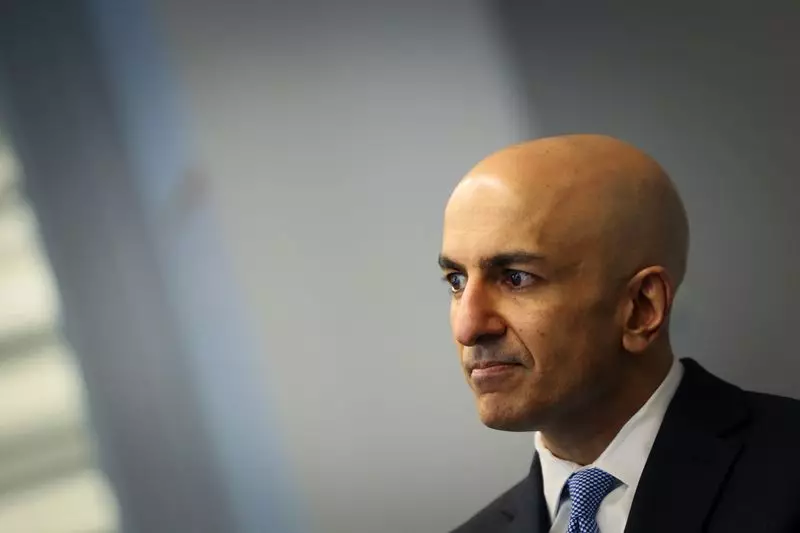Minneapolis Fed President Neel Kashkari recently expressed uncertainty regarding the current level of monetary policy and its impact on the economy. He discussed how the unknown downward pressure from monetary policy is a major source of uncertainty. This uncertainty highlights the need for a cautious approach to interest rates to better understand the direction of underlying inflation.
Resilience of the Economy
Despite the current interest rates being within a normally restrictive range, the economy has shown unexpected resilience. Factors such as pandemic-related distortions, fiscal spending, stimulus checks, and other supportive measures have contributed to the economy’s strength. Kashkari noted that these dynamics have prevented the interest rates from having their intended impact of slowing down the economy and inflation.
Recent economic data has shown mixed signals, with the consumer price index slowing down after several months of upside surprises. This slowdown in consumer prices followed a hotter-than-expected producer price inflation report. The contrasting reports have caused fluctuations in investor sentiment, with hopes for rate cuts in the near future. The uncertainty in inflation trends has added to the complexity of decision-making around interest rates.
The divergent reports on consumer and producer prices have influenced market reactions and investor sentiment. While the hot producer price report initially raised concerns about inflation, the subsequent cooler-than-expected consumer price report has alleviated some of those concerns. This shift in sentiment has fueled speculation about potential rate cuts in response to changing economic conditions.
Overall, Neel Kashkari’s assessment of the economic landscape underscores the challenges and uncertainties facing monetary policy decisions. The need for a cautious and data-driven approach to interest rates is crucial in navigating the complex dynamics of the current economic environment. As market conditions evolve and inflation trends fluctuate, policymakers must remain vigilant and adaptive to ensure the stability and growth of the economy.

